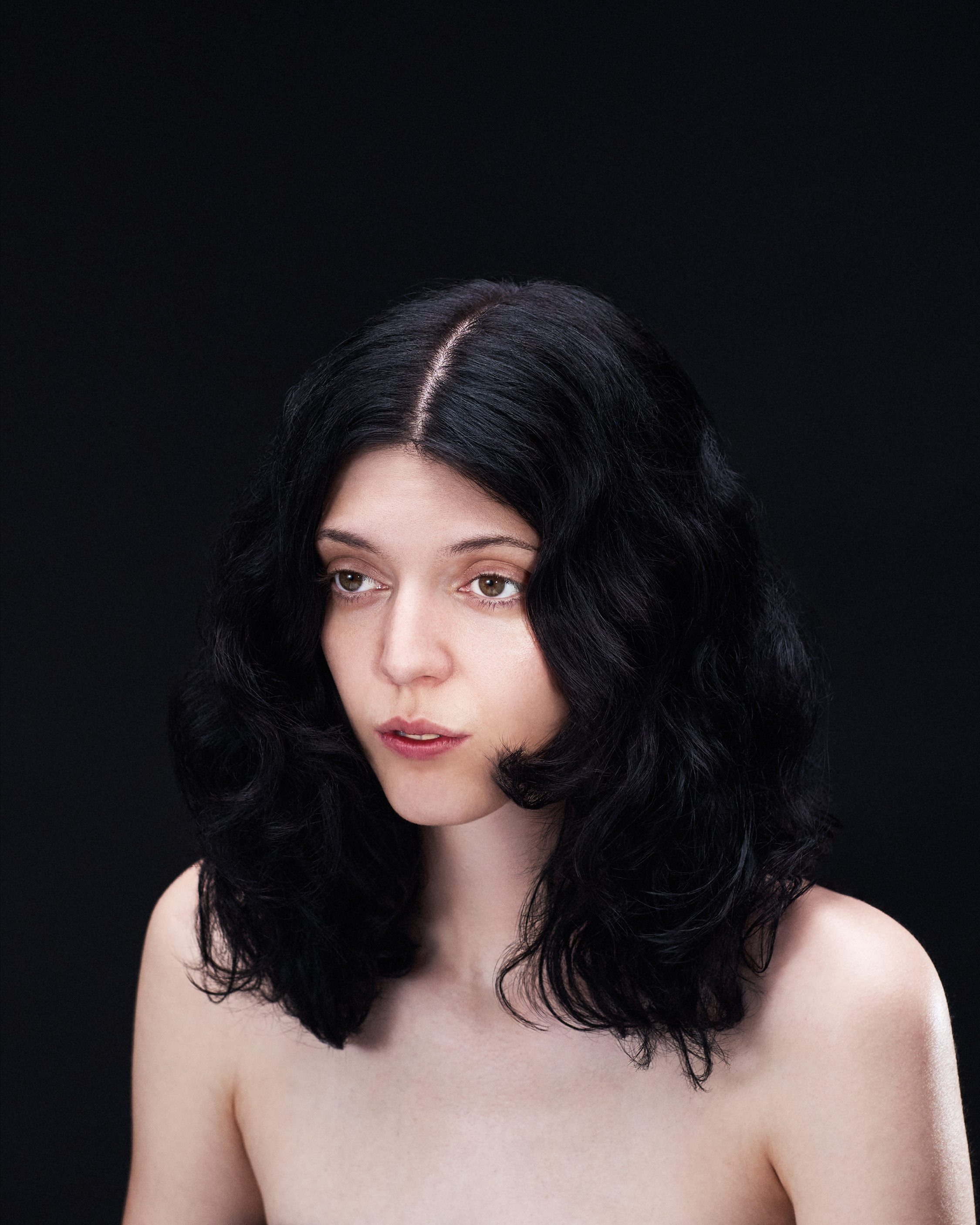
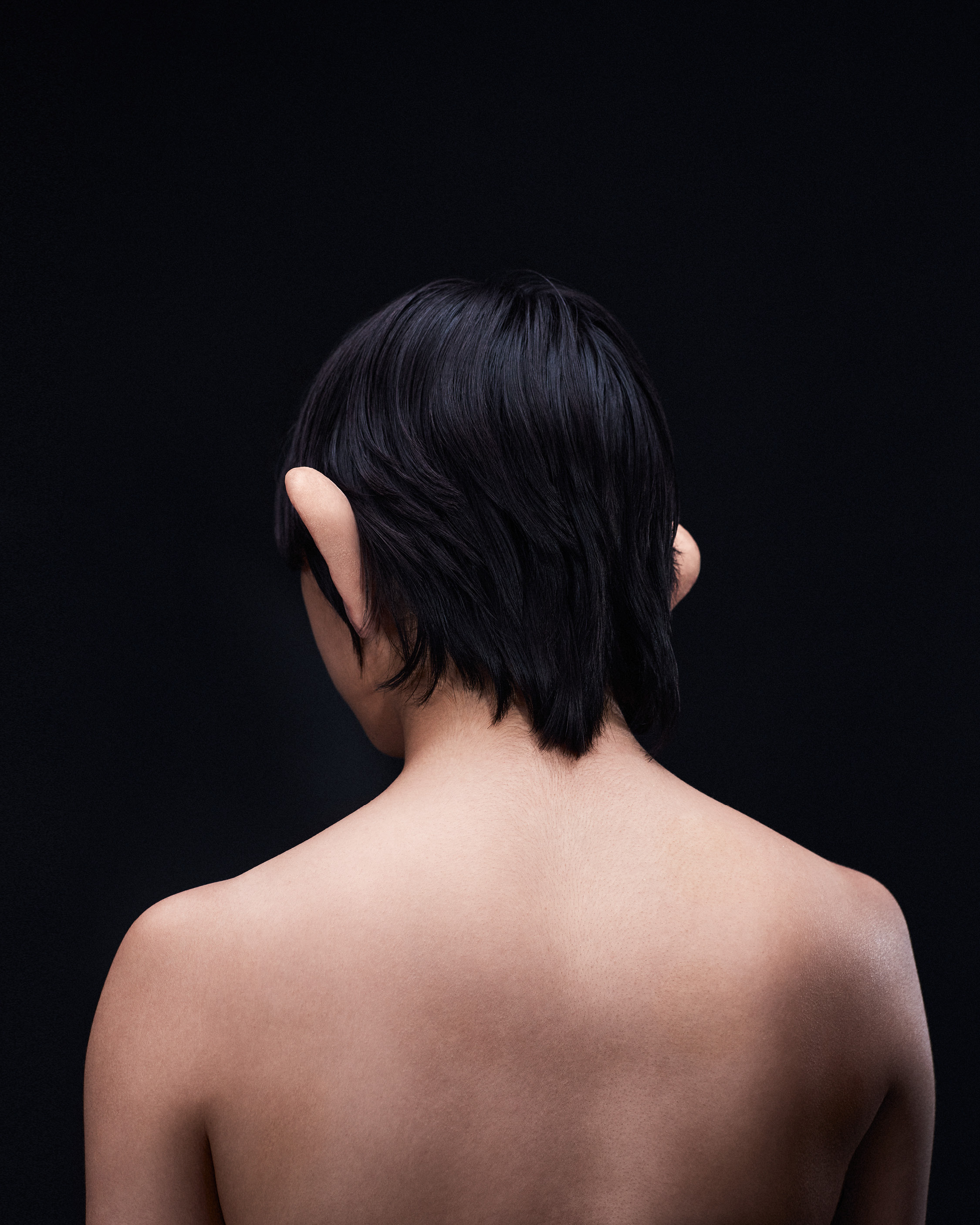
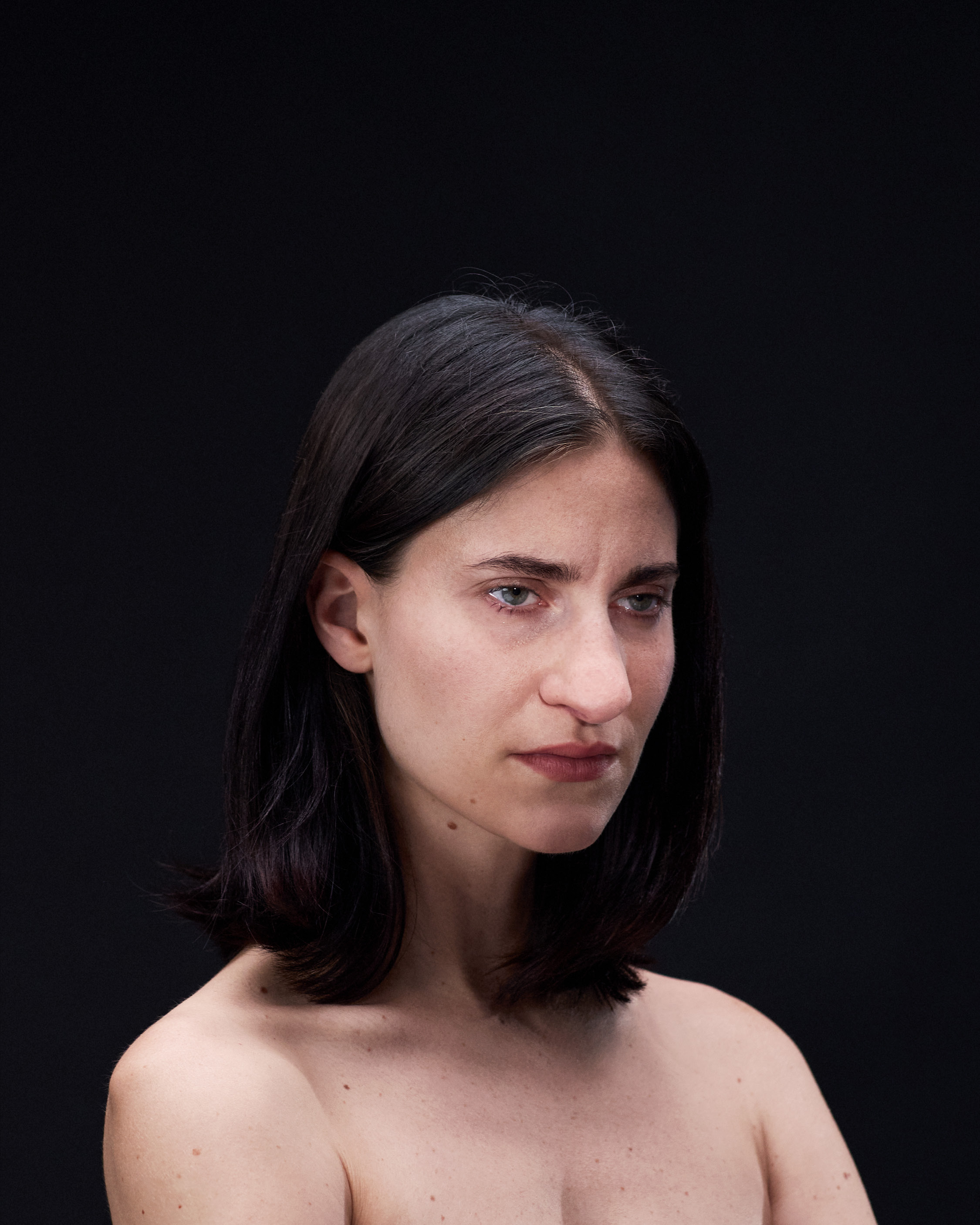
Soft Control deals with body dysmorphic disorder and poses the question: What does it mean to think about the body beyond normative ideals of beauty? The work understands distorted self-perception not as an individual phenomenon, but as an expression of structural body normalization that draws on societal ideals of beauty. Between self-image and the social gaze, a dysmorphic space emerges—one characterized by alienation, shame, and self-control. The project consists of three elements which, combined, create an overall image of perception: while the photo series—subversively manipulated portraits—unsettles the boundary between ideal and reality, the sculptures—plaster casts of facial fragments—document real body parts that are often the focus of normative critique. A publication brings these two states together and examines them: using experimental scans, it fragments the image of the body and reflects on perception as a process-based construction.
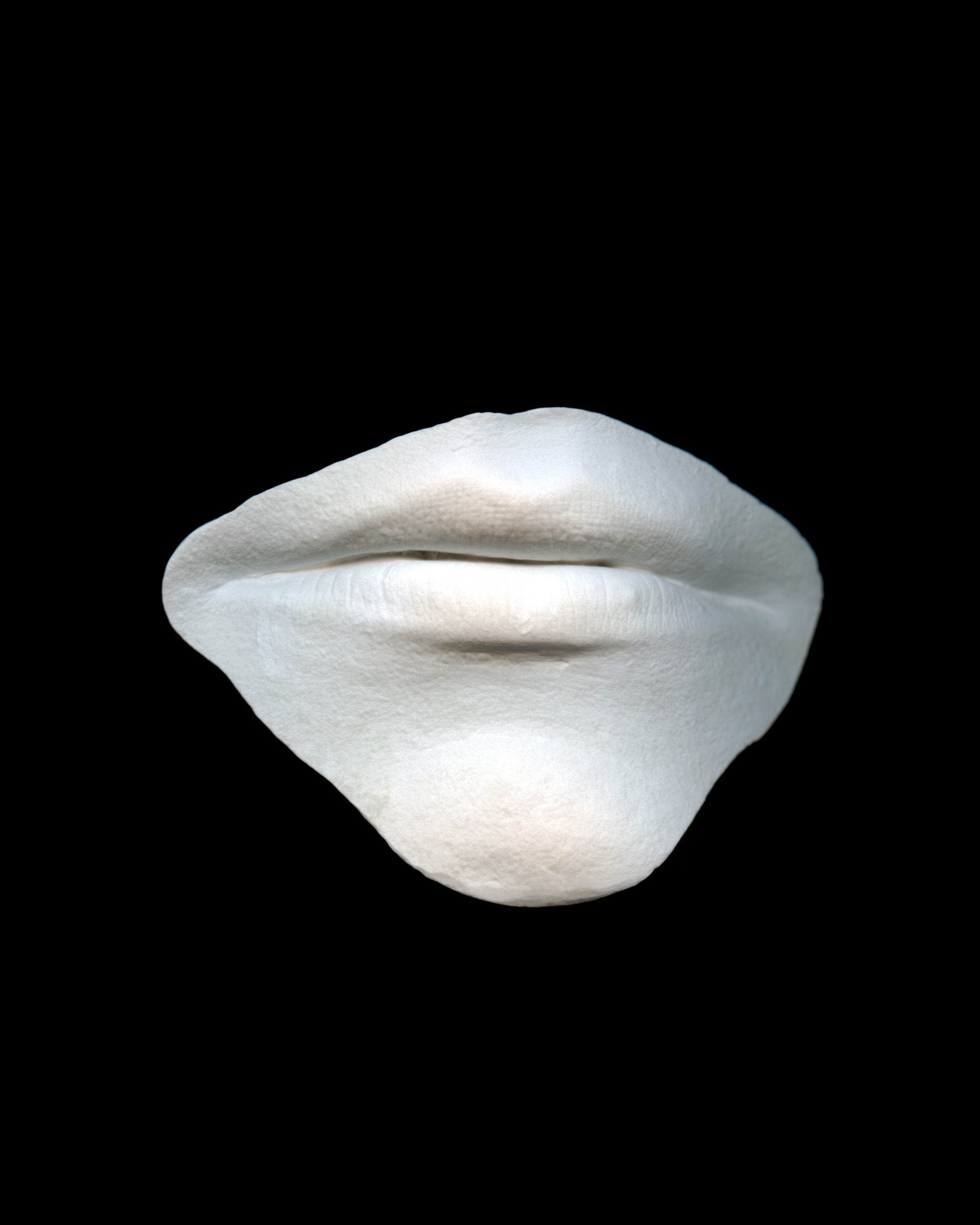
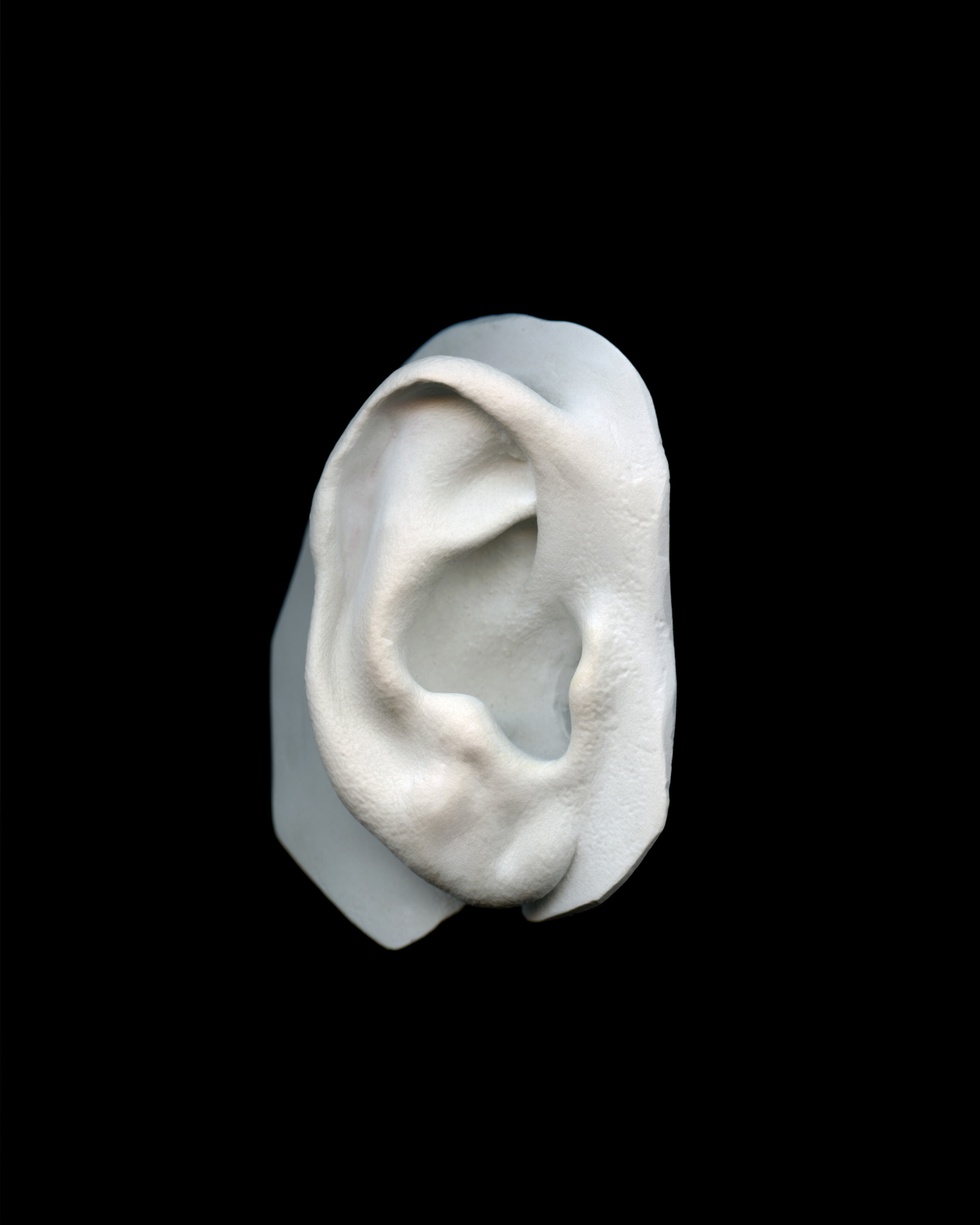
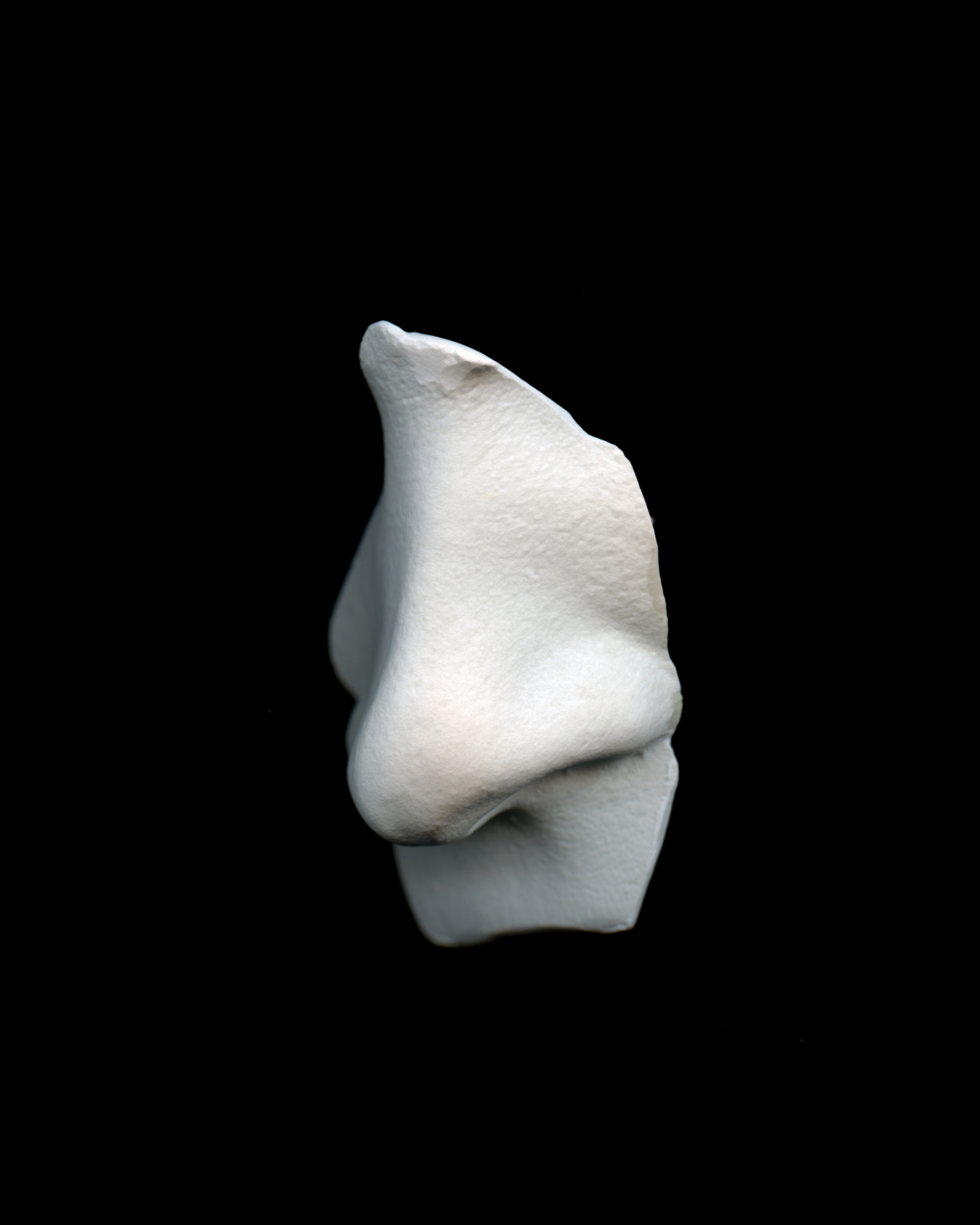
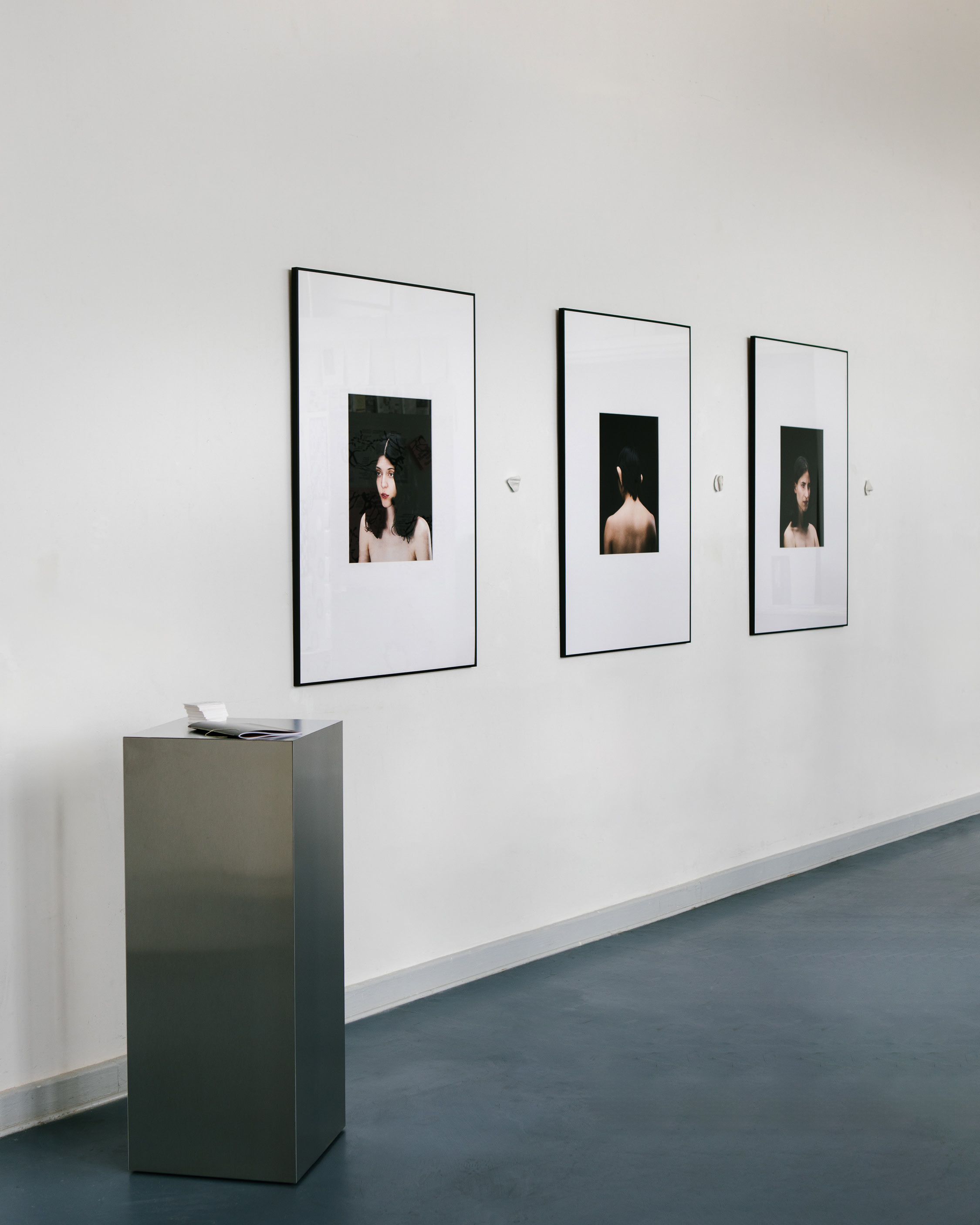
Soft Control understands design as a political practice—one that can reproduce or challenge norms. How can we create images that do not discipline, but instead open new spaces for visibility and acceptance? And what if we could finally stop disciplining ourselves through images—and start connecting through them? How real is a perception when it radically departs from what is visible? Photo series (40×50 cm) | Sculptures (variable dimensions) | Publication (17×23 cm)